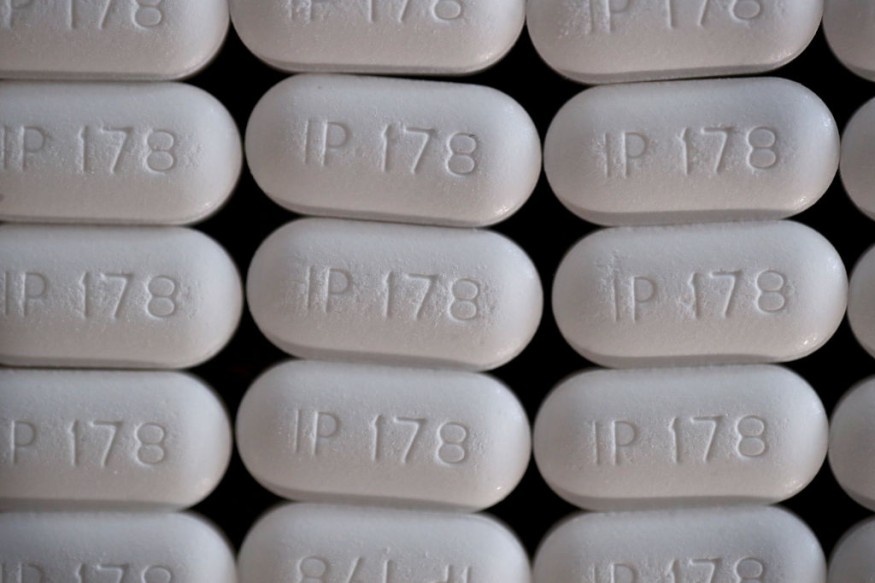
When people feel ill, they usually go to their physicians to get prescriptions and avail the remedy at a local grocery store. But alongside the prescription drugs you will avail of; you will also be eating common foods, of course, to sustain your energy without knowing that some prescription drugs may cause trouble. That is why common food-medication interactions are important to be known to avoid adverse side effects.
Some medications do not go well with other foods. That is why we need to find out which food is suitable to be consumed when taking prescription drugs. To give you an idea, here are some of the common food-medication interactions you need to be highly observant of for you to avoid dangerous reactions inside your body.
Some Antibiotics and Dairy
Milk and dairy might be one of your staple drinks, but you need to avoid them when taking some of the antibiotics. In an interview with Everyday Health, co-CEO and co-founder of Honeybee Health situated in California, Jessica Nouhavandi, PharmD, shares that ciprofloxacin, levofloxacin, moxifloxacin, and certain tetracyclines should not be taken with cheese, milk, yogurt.
She adds that this is because the dairy products bind to the medicine and interfere with its absorption in the bloodstream. She also notes that if you really can't avoid dairy during your medication, she recommends consuming the diary 2 hours before or six hours after taking the medication.
Metronidazole and alcohol
According to the University of Michigan's Michigan Medicine, drinking alcohol should not accompany metronidazole because it can cause unpleasant side effects such as headaches, stomach cramps, flushing, vomiting, and nausea. They add that when the medication finishes, drinking alcohol must be avoided for three days, and check the labels if the food and drink you consume alcohol in it.
Spironolactone and Licorice
WellRx points out that licorice candy and any foods containing it should not be taken alongside spironolactone because licorice can cancel out the drug's effect. In an interview with Everyday Health, director of clinical operations from Compwell in Tennessee, Ashley Ellis, PharmD, recommends avoiding licorice in food or supplement form.
Calcium Channel Blockers and Grapefruit
Everyday Health references Harvard Health Publishing saying that calcium channel blockers are used for high blood pressure and angina, such as felodipine and nifedipine, because they are known to interact with grapefruit juice. National Health Service (NHS) points out that grapefruit juice interacts with some of the calcium channel blockers, increasing the medication's level or presence in the blood.
Hypothyroid Drugs and Any Foods
Everyday Health shares that the medication labels, which is typically levothyroxine, indicates that you take this medication first thing in the morning with 30 to 60 minutes buffer before grabbing your breakfast. Ellis shares in the interview that the dosage is given is just right for the thyroid to function correctly and eating food will block the absorption of the drug in the small intestine lowering the dose that will affect the thyroid.
With this knowledge, try to avoid these common foods when you are taking these medications to avoid the common food-medication interaction that might affect your body and cause serious trouble.
Related article : Habits That Are Damaging Your Immune System; Foods That Will Strengthen Your Defense
WATCH: Food and Drug Interaction from BaptistHealthSF
© copyright 2024 Food World News, a property of HNGN Inc. All rights reserved. Use of this website constitutes acceptance of our terms and conditions of use and privacy policy.









